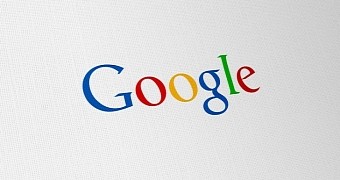Google is being accused of manipulating data by the Czech Association of TV Organizations (ATO). The group has already issued a rather strongly worded statement regarding Google’s actions.
It seems that Google released a week ago a press release in which it calls YouTube the most watched TV channel, bringing in data from several surveys. ATO claims, on the other hand, that the way this was handled is methodologically unacceptable.
The Czech Association of TV Organization is upset with Google since the press release apparently flooded the local media. More importantly, however, the members claim to be taken aback by the way research data was handled.
That’s because Google’s press release compares declarations with measurement, they claim, ignoring different target groups of general television and Internet population. Basically, it compares notions that cannot be compared because they are completely different.
Tomas Hanzak, who is the main statistician of the Czech Association of TV Organization, says that it is absolute nonsense to compare numbers for the online population and TV population within a single chart. He says that’s exactly what Google does by comparing YouTube and TV channels and their performances. “This comparison is naturally advantageous for YouTube,” he states.
Borrowing data without quoting
There’s also the issue of citing data from the electronic measurement of TV audience, without even clearly indicating this. The issue, of course, is the fact that ATO has exclusive ownership of this particular data.
“We did not give permission to them being used and we strongly object to it. The incorrect interpretation of data damages our members, especially the broadcast providers, e.g. the Czech TV, FTV Prima and others,” stated Vlasta Roskotova, executive at ATO.
Tereza Šimečková, chairwoman of the board of the Mediaresearch company, says that they consider the message contained by the press release to be “unprofessional and misleading.” What’s more, she states surprise that a global technology giant such as Google would let something like this happen.
Google has had no reaction to this so far, but even so the situation is plain odd and unclear about why Google would even make such claims and why it would even need to state that its video streaming service, which is the most popular in the world, is better than broadcasted TV.
It should be interesting to see how this situation evolves and what Google has to say about it, since it will have to make a statement at one point or another.

 14 DAY TRIAL //
14 DAY TRIAL //